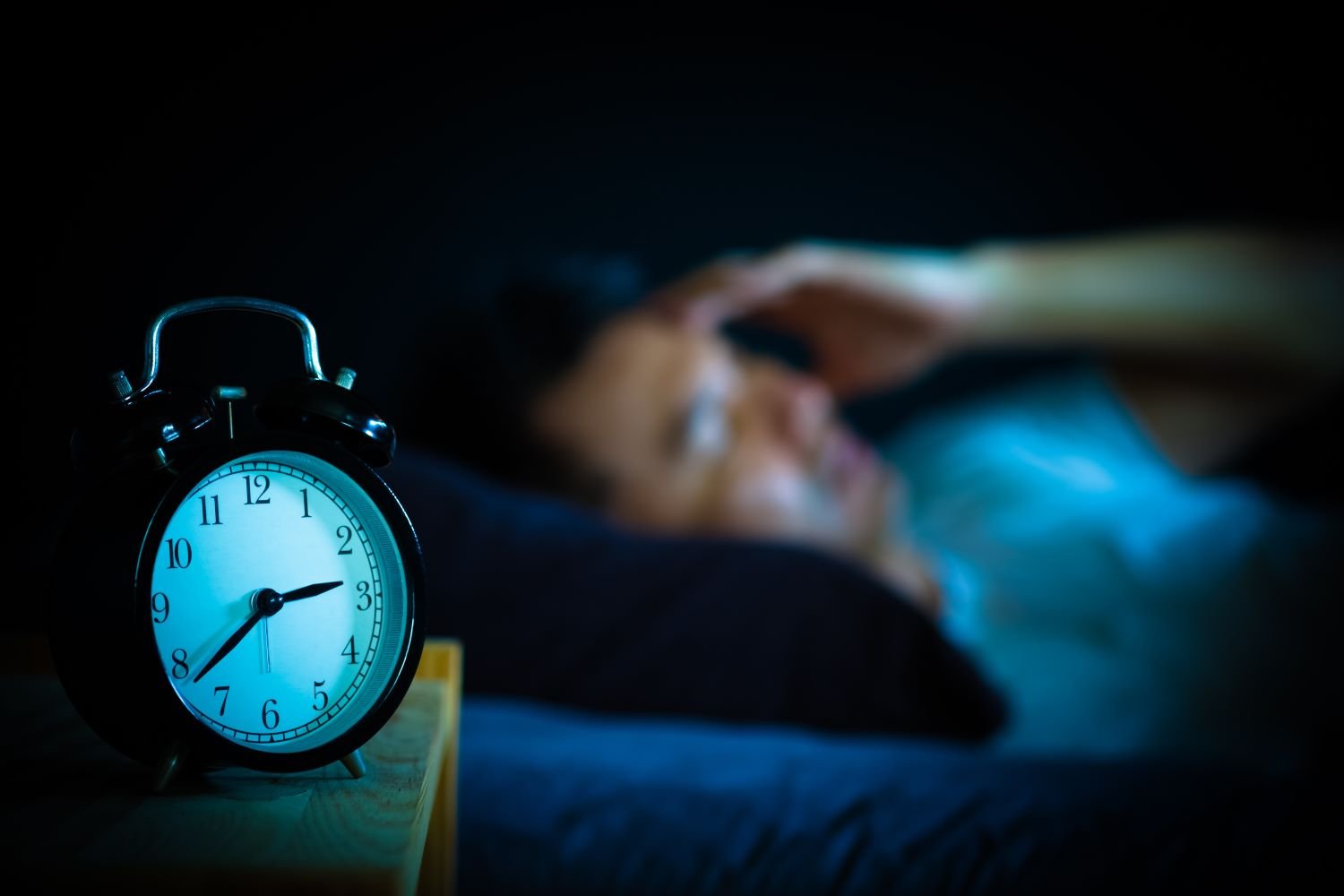Sleep is important for your physical and mental health. Adequate sleep ensures your body is able to heal and rejuvenate itself so you can be ready for the next day. Getting enough sleep improves brain functioning so your mental capacities are optimal when you are awake.
However, many people with insomnia have difficulty falling and staying asleep at night which can cause more serious health problems. Here are some common causes of insomnia.
Stress
One of the most common causes of insomnia is stress. Concerns regarding work, finances, family, or school can keep your mind busy throughout the night and make it difficult to fall asleep. Stress can also originate from some type of unfortunate event or difficult situation, such as a failing marriage or the death of a loved one.
Bad sleeping habits
Having poor sleeping habits can significantly contribute to your difficulty falling asleep when you need to. This could mean you do not have a regular sleep schedule, perhaps from having an unpredictable work schedule or some other reason. You may also be dealing with an uncomfortable sleeping environment or have a habit of engaging in stimulating activities right before trying to go to bed. Using your bed for eating, watching television, or working can also train your body to not fall asleep when you are in your bed.
Mental health struggles
Sleeping can often stem from mental health problems of various sorts. Post-traumatic stress disorder can in many cases cause severe difficulty in falling asleep. Waking up too early has been linked to depression. Problems with insomnia can also be caused by many other mental health conditions.
Medical issues
Along with mental health, problems with your physical health can also result in difficulty with sleep. Chronic pain is one physical ailment which can cause you to suffer from insomnia. Other conditions which can deprive you of healthy sleep patterns are cancer, heart disease, diabetes, Parkinson’s disease, and Alzheimer’s disease. Having asthma or an overactive thyroid can make it difficult for you to fall asleep and stay asleep as well.
Aging
Older people tend to have more difficulty with attaining regular sleep. This may have to do with increased sensitivity to sounds and changes in your immediate environment. Also, as people get older they tend to engage in less physical activity which can disrupt their ability to sleep. Additionally, not being socially active has been known to contribute to insomnia.
With older age comes a higher likelihood of suffering from chronic pain which as mentioned before can significantly contribute to difficulty with sleeping. Also, it is common for the elderly to experience depression and other mental conditions that can result in insomnia. Older individuals also have higher occurrences of sleep apnea and restless legs syndrome, both conditions potentially making it challenging to obtain adequate rest at night.
Talk to your doctor
The occasional sleepless nights might not be that concerning for most, however if insomnia becomes a recurring issue you may want to consider visiting a medical professional. Your doctor should be able to assess the situation and possibly determine if there are any lifestyle changes that may need to occur.

